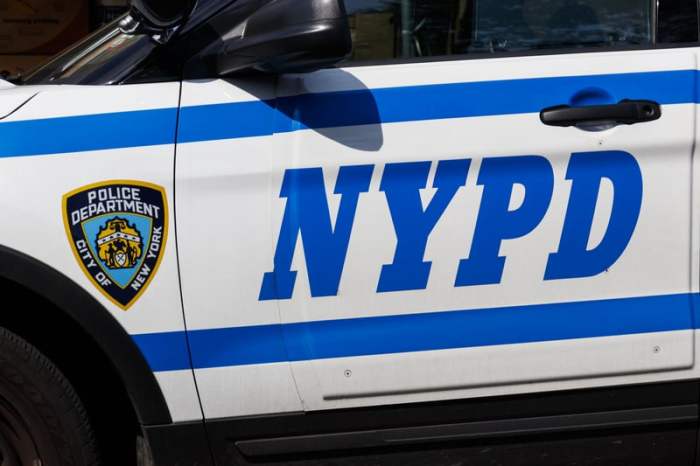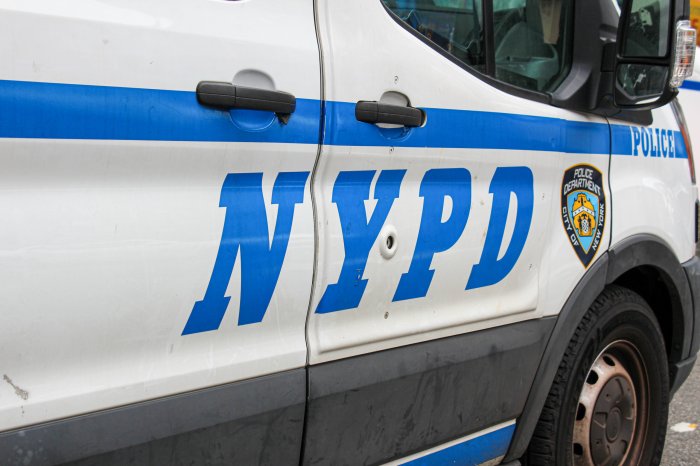By Bob Friedrich
If you are a volunteer in one of New York’s many community-based organizations, a member of a civic association or a co-op resident whose meetings are held in a public school, the city Department of Education has a message for you: Drop dead.
Under the aegis of city Schools Chancellor Dennis Walcott, a new DOE rule, which until now has been kept under the radar, abolishes a longtime pro-community tradition of allowing CBOs that do not have an IRS nonprofit tax designation the right to use public school space for their meetings. Since most CBOs do not have this designation, they will be adversely affected.
In an attempt to ameliorate the ensuing firestorm that is sure to erupt once this new edict is exposed, the DOE says exceptions will be made on a case-by-case basis, provided the proposed meetings are open to the public and free and serve a “public purpose,” a phrase whose meaning the DOE has chosen to leave undefined.
A community organization will now have to submit a formal request for use of school space to the DOE, after which a panel of DOE lawyers, out of public view, using undefined criteria, will decide if the meeting serves a public purpose. This subjective and opaque decision-making process defies rule of law standards and is antithetical to democratic norms.
Acknowledging that the DOE does not define what constitutes an acceptable or unacceptable public purpose, DOE attorney Danielle Giovanni, said, “Community groups should submit a statement explaining the reason for their meeting and its public purpose.”
Only then, and without any objective standards to guarantee organizations will be treated fairly, a final determination will be made by education lawyer-crats. Acting as judge and jury, they will decide whether the community group’s request for use of public school space for its meeting will conform to DOE’s unspecified public purpose requirement.
In other words, DOE lawyers will determine if your community group is space-worthy.
Would a community group planning a rally to call for the ouster of Walcott or the mayor in reaction to this edict serve a permissible public purpose in the eyes of DOE-employed attorneys?
Use of public schools for civic meetings has a long and rich history in the city, but no more. The DOE’s unmistakable message to neighborhood groups is find space elsewhere. Walcott and the Bloomberg administration have declared after-hours use of public schools off-limits to most community and neighborhood groups.
The fallout from this new regulation, if not challenged by the City Council, will be to shut out co-ops from holding annual meetings for community residents in public schools and force civic associations to use their already scarce resources finding rental space elsewhere.
Today, the Glen Oaks Village co-op of 3,000 families waits on pins and needles for the cabal of DOE attorneys to decide if the co-op’s annual budget meeting can be held in the local public school, which it has done for last two decades. Never mind that community-wide issues are discussed at these meetings. Never mind that co-op residents send their children to these public schools and the co-op pays more than $5 million in property taxes to support them.
Since there is no definition as to what constitutes a public purpose, Glen Oaks Village must wait for the DOE to decide if the co-op meeting passes the public purpose test.
What is the possible rationale for such a draconian change in policy? In the wake of Hurricane Sandy, communities pushed to the brink of survival have banded together with neighbors helping neighbors in our city. There have been exemplary displays of residents and community groups meeting in public schools to facilitate solidarity and civic camaraderie.
These are the same citizens who form the backbone of our neighborhoods and whose taxes support the public schools to which they are now being denied usage. These inexplicable edicts of the DOE undermine standards for transparent, open government and are anathema to public, spirited efforts and our democratic process.
Bob Friedrich is president of Glen Oaks Village and a civic leader.


































